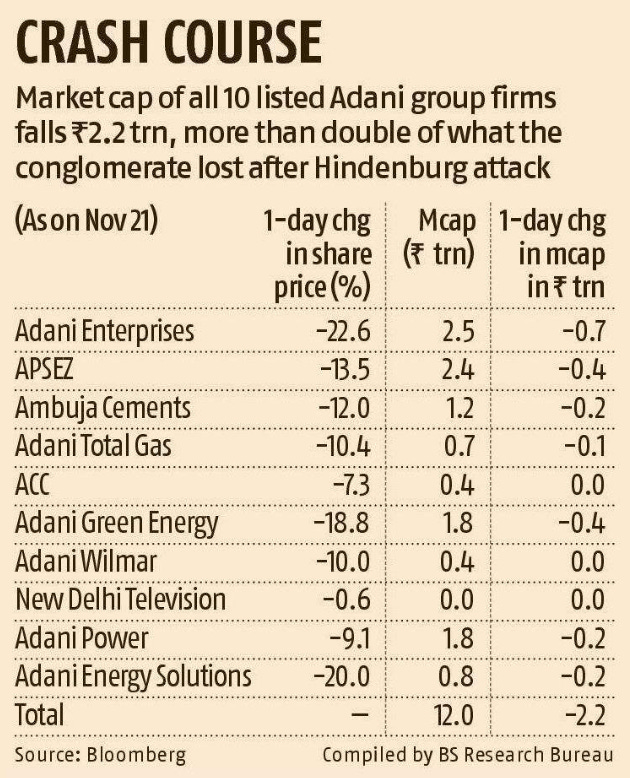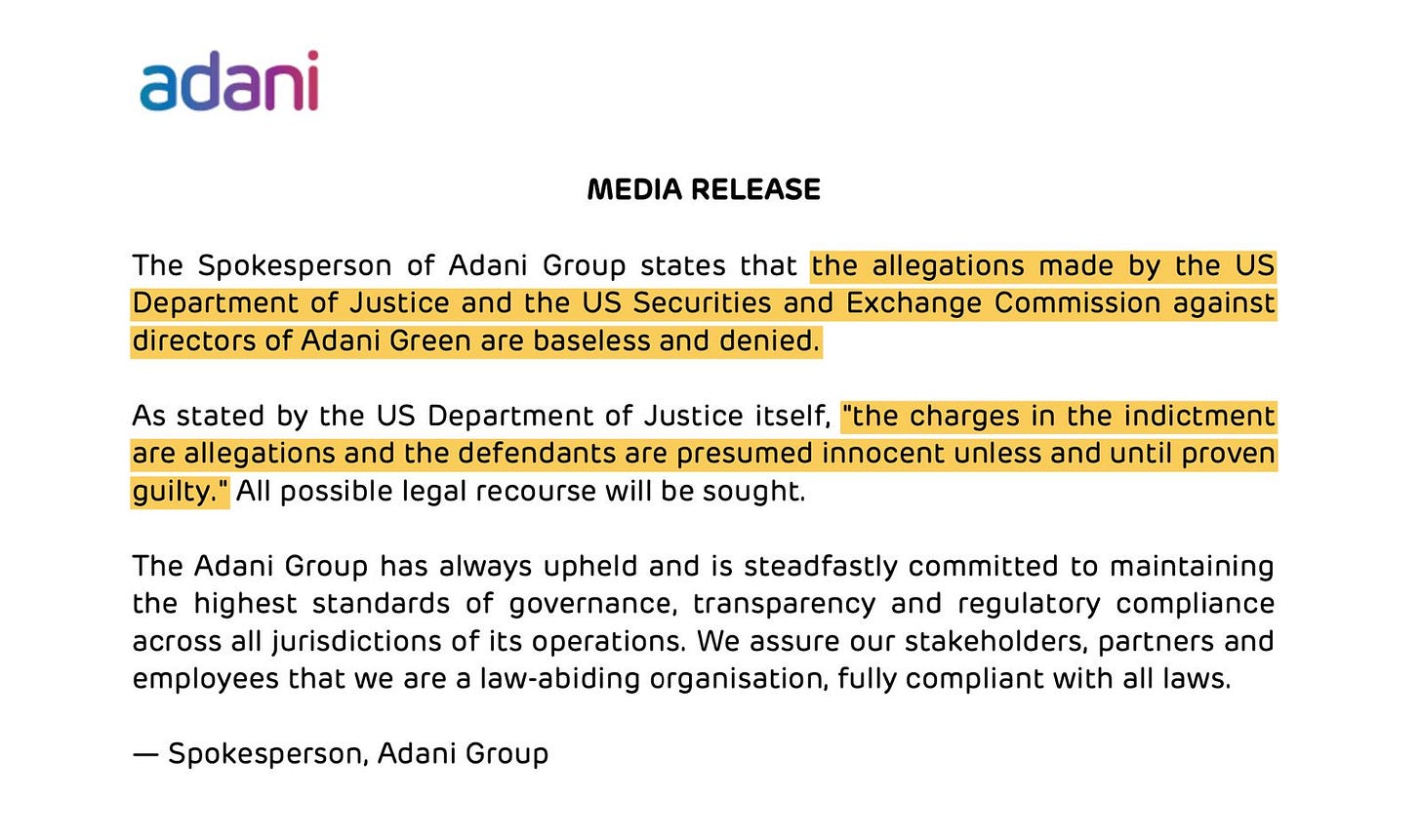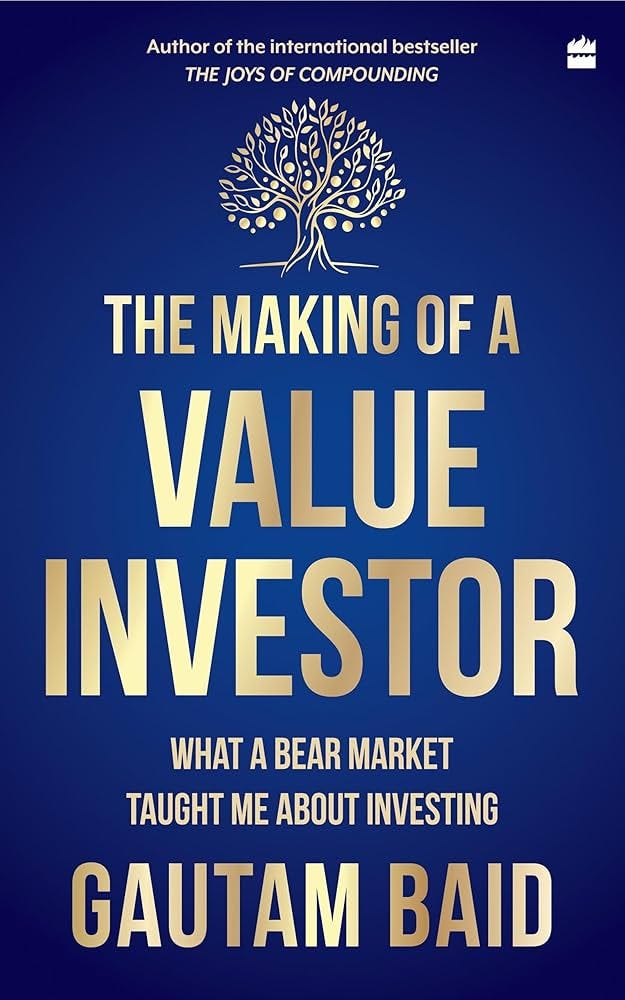Have you ever wondered, if alcohol is so harmful, why doesn't the government ban it?
The answer lies in something called the "Economics of Prohibition." Let’s break it down.
What does it mean?
The Economics of Prohibition refers to the consequences when a government bans something with the intent to protect public health, safety, or moral values. But, instead of erasing demand, the ban pushes the product into illegal markets. This creates black markets, raises crime rates, and often leads to more harmful versions of the product being sold.
For example, during alcohol prohibition in 1920s America, legal liquor vanished, but illegal bars and smuggling flourished. Criminal groups grew richer, and dangerous homemade alcohol became common. This led to higher crime rates.
So, what’s the real issue?
Prohibition isn’t just about banning something; it’s about understanding and managing its ripple effects, as it often does more harm than good. It increases the prices, funds criminal networks, and disrupts social order. This is the reason many governments choose regulation over outright bans, balancing risks with economic realities by imposing high taxes.
MEME OF THE WEEK:
Market Kya Keh Raha Hai, Sir?
On Thursday, 21st November 2024, the Adani Group faced a massive blow. In just one trading session, the group lost ₹2.24 lakh crore in market value. Gautam Adani, the man behind the empire, saw his personal wealth take a hit of $12.1 billion, dropping to $57.7 billion. It was the group’s largest single-day fall since the Hindenburg controversy.
The fall happened because a U.S. court accused Gautam Adani, his nephew Sagar Adani, and six others of paying $265 million (₹2,200 crore) in bribes to Indian officials to secure solar energy contracts for Adani Green Energy and Azure Power.
Paying bribes to government officials is clearly illegal, but why does it count as a crime in the U.S. if those bribes were paid in India?
The Backstory
It goes back to 2019-20, when the Solar Energy Corporation of India (SECI), a government-run body that promotes solar energy, gave a big contract to Adani Green and Azure Power. This deal needed an investment of ₹45,000 crore (about $6 billion) and had the potential to earn $2 billion in post-tax profits over 20 years.
Additionally, as part of the deal, Azure Power was to provide 4 GW and Adani Green’s subsidiary 8 GW of solar power to SECI at a fixed price. SECI’s job was to buy this power and then sell the 12 GW of solar energy to state electricity distribution companies (discoms)
However, the contract's "high fixed energy prices" made it difficult for SECI to find buyers, putting the expected income & investment at risk.
As a result, according to claims, Adani and other co-conspirators allegedly met with government officials several times in 2021 and 2022, offering over $250 million in bribes to get power sale agreements signed with state entities.
Things Bothering USA
Around the same time, Adani Green raised $750 million, including $175 million from U.S. investors, where the company’s offering materials stated that it adhered to strict anti-corruption practices.
However, when they found out about Adani’s alleged involvement in bribery, it raised concerns that the company misled investors who had funded these high-risk projects.
Hence, the United States District Court for the Eastern District of New York indicted Adani and other co-conspirators for violating the Foreign Corrupt Practices Act (FCPA). If convicted, they could face penalties of up to $25 million, forfeiting profits, and even imprisonment for serious offenses.
Adani’s response
The first thing Adani did after the notice was cancel its plans to raise $600 million in the U.S. for Adani Green Ltd. for now. In response to the allegations, Adani called them baseless and stated that they would fight these claims.
Since the publication of the Hindenburg report last year, Adani has been facing significant challenges, and these new allegations have only added to the pressure. It will be crucial to see how Adani Group overcomes these hurdles, as this could also shape the path for other Indian companies raising funds internationally.
What More Caught My Eye:
Mamaearth Under pressure.
Is Rupee weakening or dollar strengthening?
Why are banking stocks falling?
Why cash flow is so important for a company?
Severe lay-offs in Ola Electric.
Recommendations:
This week’s recommendation is The Making of a Value Investor by Gautam Baid. This book emphasizes the importance of resilience and making sound decisions under pressure. Through personal stories of challenges, mistakes, and successes, it provides valuable lessons for navigating difficult market conditions.
Fortunately, I had a chance to have a conversation with Gautam Baid Sir, where we discussed investing, risk management, money management, and the path to becoming a portfolio manager. He shared expert tips and valuable lessons to guide your investment journey. So, don’t miss it!
That’s all from my side for this week!
Thank you for reading this week’s newsletter! I’d love to hear your thoughts, so feel free to share them in the comments below. Don’t forget to like, share, and restack—your support keeps me inspired!
Song of the Week:
This is Parth Verma,
Signing off.










Another week and another wonderfull share! Thanks!!
Thank you for the explanatory news